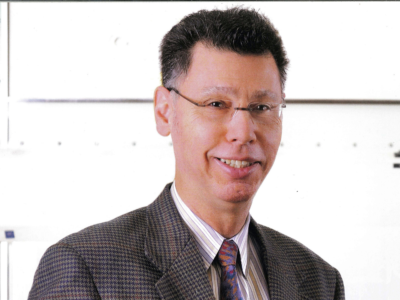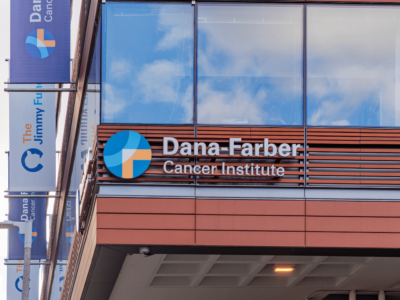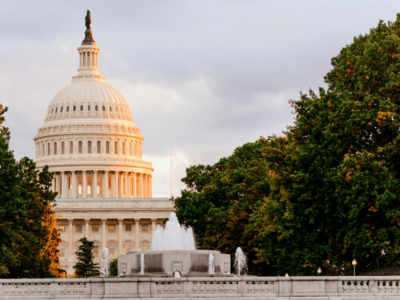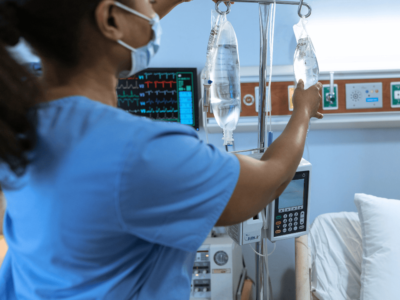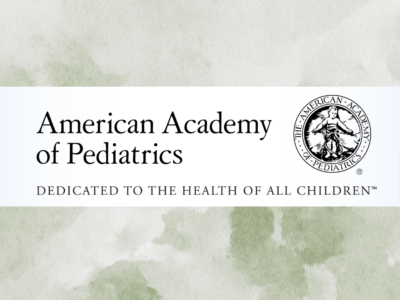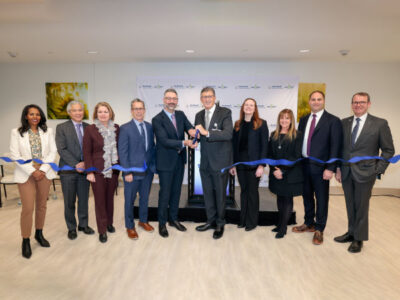Harvey A. Risch, professor emeritus and senior research scientist at Yale School of Public Health, was named chair of the President’s Cancer Panel.
Wafik S. El-Deiry, director of the Legorreta Cancer Center at Brown University, shared a message with his colleagues on Dec. 15—the Monday following a mass shooting that took place, killing two and injuring nine, according to reports.
Dana-Farber Cancer Institute has agreed to pay $15 million to the U.S. government in a settlement to resolve allegations that, between 2014 and 2024, Dana-Farber violated the False Claims Act by “using fraudulent images in grant applications and research articles to induce the NIH to pay millions of dollars to support research at Dana-Farber.”
The U.S. Senate didn’t take up the Mikaela Naylon Give Kids a Chance Act after two Senate members—Bernie Sanders (I-VT) and Sen. Markwayne Mullin (R-OK)— voted “Nay,” blocking it.
In a joint letter, 148 members of the U.S. Senate and House of Representatives are urging the Department of Education topreserve nursing as a “professional” degree—a categorization that gives students greater access to federal loans.
HHS has cut millions of dollars in grants to the American Academy of Pediatrics, according to documents obtained by The Washington Post.
Deborah Schrag, a gastrointestinal medical oncologist and George J. Bosl Chair of the Department of Medicine at Memorial Sloan Kettering Cancer Center, was elected 2027-28 president of the American Society of Clinical Oncology.
Northwell Health and START Center for Cancer Research have unveiled a $5.7M, 10,000 square foot early-phase cancer clinical trial center that aims to provide better access to treatments for cancer patients in New York and Long Island.
The Ohio State University Comprehensive Cancer Center—Arthur G. James Cancer Hospital and Richard J. Solove Research Institute has been approved for research funding by the Patient-Centered Outcomes Research Institute to study whether adding chemotherapy before standard treatment with immunotherapy, radiation, and surgery for certain sarcomas will reduce the risk of the cancer returning.
Reimagine Care and Tampa General Hospital Cancer Institute are teaming up to expand access, increase clinical capacity, and improve cancer care delivery across the Tampa Bay region.


